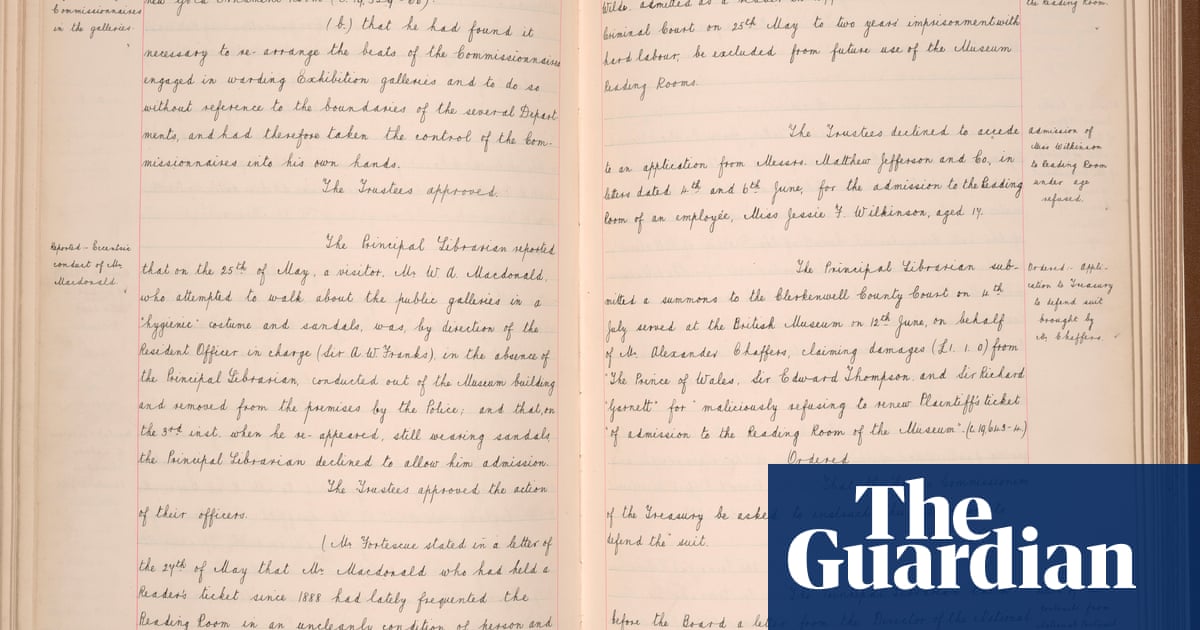A long-awaited forensic excavation at a former 'mother and baby home', where the remains of almost 800 babies and children are believed to be buried, will start today in County Galway.
Many of the children who died at the institution in Tuam are believed to have been dumped into a former sewage tank, known as "the pit", according to local historian Catherine Corless.
It was her painstaking research that uncovered the deaths of 798 children at the home for unmarried mothers between 1925 and its closure in 1961.
Of those, just two were buried in a nearby cemetery. The remaining 796 are, it's presumed, buried at the site.
"I'm feeling very relieved," the historian told Sky News as the excavation begins.
"It's been a long, long journey. Not knowing what's going to happen, if it's just going to fall apart or if it's really going to happen."

Ms Corless's findings in 2014 shocked Ireland and made headlines around the world.
It exposed the dark underbelly of a mid-century Ireland heavily swayed by Catholicism and its cruel attitudes towards illegitimate children and the women who bore them, often sent to mother and baby homes before being separated from their offspring.

Follow The World
Listen to The World with Richard Engel and Yalda Hakim every Wednesday
A decade later, a team of investigators led by Daniel MacSweeney is embarking on a forensic excavation that could last for two years.
The goal is to identify as many of the remains as possible through DNA testing, and to give all a dignified reburial.

It's a glimmer of hope for people like Annette McKay, who now lives in Manchester. Her mother Margaret "Maggie" O'Connor gave birth to a baby girl in the Tuam home in 1942 after being raped at 17.
The girl, named Mary Margaret, died six months later. Annette remembers her late mother recalling how "she was pegging washing out and a nun came up behind her and said 'the child of your sin is dead'."
Annette now hopes her infant sister's remains can be exhumed at Tuam and laid to rest with Maggie. Margaret O'Connor reunited with her child.
"I don't care if it's a thimbleful, as they tell me there wouldn't be much remains left; at six months old, it's mainly cartilage more than bone. I don't care if it's a thimbleful for me to be able to pop Mary Margaret with Maggie. That's fitting."

For Annette, now 71, Tuam is emblematic of a different time in Ireland.
"We locked up victims of rape, we locked up victims of incest, we locked up victims of violence, we put them in laundries, we took their children, and we just handed them over to the Church to do what they wanted," she said.
"My mother worked heavily pregnant, cleaning floors and a nun passing kicked my mother in the stomach. And when that place is opened, their dirty, ugly secret, it isn't a secret anymore.
"It's out there. And we need to know from that dirty, ugly place what happened there. So first and foremost, we want answers to that place."
Read more from Sky News:
UK advises against all travel to Israel
Anti-tourism protests break out in Spain, Italy and Portugal
Controversial FIFA Club World Cup begins

The Irish government made a formal state apology in 2021 after an inquiry found an "appalling level of infant mortality" in Ireland's mother and baby homes, concluding that around 9,000 children had died in the 18 institutions investigated.
Taoiseach Micheal Martin said at the time that "we had a completely warped attitude to sexuality and intimacy, and young mothers and their sons and daughters were forced to pay a terrible price for that dysfunction".
The Sisters of Bon Secours, which had run the Tuam home, offered their "profound apologies", admitting the children were "buried in a disrespectful and unacceptable way", and offered financial compensation.
Please use Chrome browser for a more accessible video player
As the dig - which could last up to two years - starts at the Bon Secours site, the people of Tuam are still grappling with the contempt and neglect that occurred in their town.
"I'm still trying to figure that out," said Ms Corless. "I mean, these were a nursing congregation.
"The church preached to look after the vulnerable, the old and the orphaned, but they never included illegitimate children for some reason or another in their own psyche.
"I never, ever understand how they could do that to little babies, little toddlers. Beautiful little vulnerable children."

 9 hours ago
2
9 hours ago
2











 English (US)
English (US)